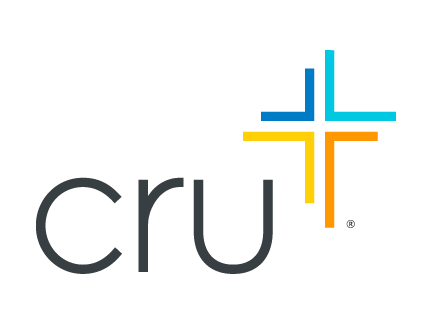A fish doesn’t know it’s swimming in water. Neither are people necessarily aware of the cultural waters that they inhabit. These waters seem normal yet significantly impact their lives and relationships.
For instance, have you noticed how people avoid eye contact in the apartment elevator or on the way to the mailbox? Or how they put in their AirPods and keep their heads down as they take a walk? Neighbors rarely ask to borrow the proverbial cup of sugar anymore. It feels uncomfortable, awkward, even wrong to swim against the culture’s current of independence and isolation.
In stark contrast to the cultural narrative stands the Biblical one, God’s story of redemption, where the definition of what it means to be a good neighbor is radically different from that of the culture.
God never leaves people alone or ‘minds His own business.’ He sent Jesus to serve as the example, moving Him from heaven into the world’s ‘neighborhood’ to become a neighbor who loved. And God calls those who follow His Son to leave independence and isolation behind and share His story of redemption through caring connection in the exact places they live.
But how?
What does God want you to know about the people he’s placed around you?
Sometimes, the thing we need most is to learn to see our neighbors. Watch this 9-minute video as Elizabeth McKinney, a staff member with Cru City Neighbors, shares how to really see your neighbors and learn to love them from a new perspective.
Placed for a Purpose by Chris and Elizabeth McKinney provides a theologically rich framework for neighboring that helps people live on mission where God has placed them. On staff with Cru City Neighbors, Chris and Elizabeth are passionate about helping people love their next-door neighbors.
Oftentimes our eyes need to be opened to the different types of neighbors that are around us. When Jesus tells us to love our neighbors, he means all neighbors, including immigrants and refugees. Read this article about how to see our new neighbors the way Jesus sees them: Three Themes to Help Us See the Refugee Crises Through a Biblical Lens.
How do you get to know your neighbors?
The Simplest Way to Change the World: Biblical Hospitality as a Way of Life by Dustin Willis is about biblical hospitality and its power for the gospel. Since people will sooner enter a living room than a church, hospitality is a natural and effective way to build relationships for Christ.
What might God want you to do in response?
- Pray for your neighbors. Blesseveryhome.com is a website that provides the tools for you to get to know your neighbors by name so that you can pray for them regularly. You will even receive optional daily reminder emails with a prayer prompt and five neighbors to pray for that day.
- Build Relationships. God Space: Where Spiritual Conversations Happen Naturally by Doug Pollock connects with these real-life stories of how ordinary people learned to engage others in rich spiritual conversations that open doors instead of slamming them shut. You’ll find fresh insights and practical tools for connecting with others about what matters most.
- Host a Neighborhood Bible Study. NBS2GO stands for ‘Neighborhood Bible Studies To Go’ and is a ministry of Cru City Neighbors. Their website offers easy-to-download resources, leader guides, changed-life testimonies, creative ideas, Bible studies, and more practical help to reach out into each individual’s sphere of influence.
- Consider how you can connect with a refugee family. Right now, refugees are arriving in the US from all over the world and need caring Christians to come along side them in their time of enormous transition. Connect to Cru City’s ministry, Immigrants, Internationals and Refugees (IIR) to find resources and connect with our refugee neighbors that are all around us.
